Emerging economies lead to a growing demand for international tourism, making the travel industry one of the fastest-growing markets. With the number of people with access to greater wealth rising, the market conditions are expected to remain strong. But with markets expanding, so is the competition. In this article, we give you 5 tips to stay ahead of the competition as a multi-location hotel.
5 tips to Stay Ahead of the Competition as a Multi-Location Hotel
Below you find 5 marketing for tips multi-location hotels.
1. Brand Consistency
Brand consistency is difficult, especially in a multi-location environment. However, brand consistency is crucial in an effective hotel marketing strategy. Ensure a consistent brand experience on all online and offline channels that you use, both at the local at global levels to get the most out of your brand.
How do you ensure that your hotel brand remains consistent? With the right tools, you can present the brand internationally uniformly in an efficient manner. With special marketing software, you can allow branches to easily create, manage, and order (local) marketing materials within your hotel’s corporate identity.
2. Rising Influence from Online Travel Agencies (OTAs)
For years, OTAs and hotels existed harmoniously. However, in recent years, the commission rate for stays booked through OTAs has steadily risen, taking a severe toll on hotels’ bottom lines.
Besides the impact on profit margins, OTA’s also limit the impact hotels can have on the decision of a guest. TripAdvisor’s website gets 460 million visits each month, with over 280 reviews left for hotels every minute. Hotels can struggle to gain control over their profiles on OTAs.
Staying attentive to these channels alone will not be enough. Raising direct bookings should be on top of the list of any hotel marketers.
3. Budgets
One of the toughest questions when it comes to setting up hotel marketing campaigns in a multi-location environment is who is going to pay for it. As a brand manager or marketing manager, it’s your responsibility to convince your branches about the importance of marketing for the entire organization.
Joint investments lead to joint results. Research shows that hotels that divide the marketing costs based on a percentage of sales (shared-spend co-op programs) achieve 20% more growth than companies that do not share the costs. These co-op marketing programs require long-term planning for marketing activities and incentivize your local affiliates to be involved.
4. Traditional Marketing Strategies are Becoming Outdated
The marketing landscape is changing at a rapid pace. Measuring the effectiveness of traditional marketing strategies to attract and engage prospects and customers is a must for marketers. The more data you have, the more strategic you can be.
Emerging enthusiasm for, and knowledge in, technology opens up a veritable minefield for hotel marketers. This offers room to experiment with new digital marketing channels. Focus on strategies that continue the trend of marketing to individuals and embrace new technology, such as Virtual Reality (VR), 360° videos, chatbots, and Augmented Reality (AR).
5. Marketing and Operations Juggling Act
As a brand manager, you expect your local affiliates to manage daily marketing activities on top of day-to-day hotel operations. Especially for those local affiliates who aren’t marketing gurus, this probably feels like a nightmare.
A brand management solution or brand toolbox will activate locals to set up and carry out their local campaigns. In minutes, local affiliates can access brand creativity, add a touch of personification/localization, and publish or order. Unleashing your brand potential couldn’t be easier.
Exciting times are ahead for multi-location hotels. Thanks to the enormous growth potential of the market enough opportunities arise, but there are challenges along the way. By using the right new techniques and software, multi-location hotels can get the most out of their brands and unleash their potential.
4 Stage COVID Hotel Contact Strategy
It is important to ensure that your hotel is safe for your visitors and employees during the COVID era. However, even if the COVID measures in your hotel are correctly set up, communication on these measures is just as critical. Read more in the article “4 Stage COVID Communication Plan for Hotels”.
More Tips to Grow Your Business
Revfine.com is the leading knowledge platform for the hospitality and travel industry. Professionals use our insights, strategies, and actionable tips to get inspired, optimize revenue, innovate processes, and improve customer experience.Explore expert advice on management, marketing, revenue management, operations, software, and technology in our dedicated Hotel, Hospitality, and Travel & Tourism categories.

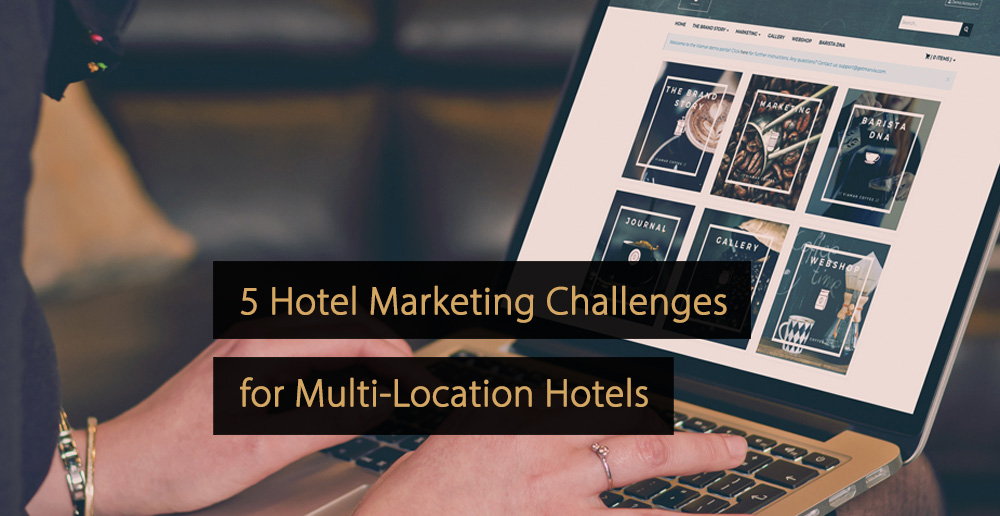
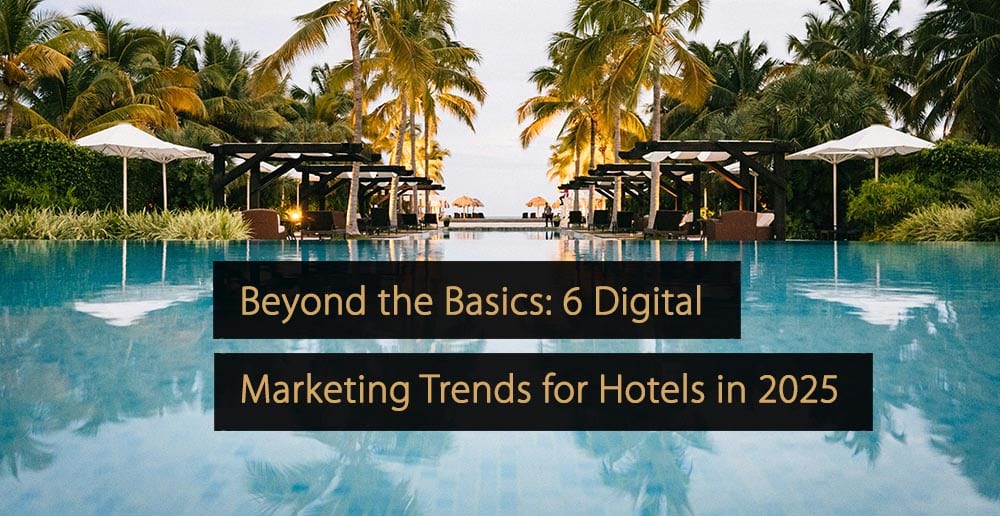
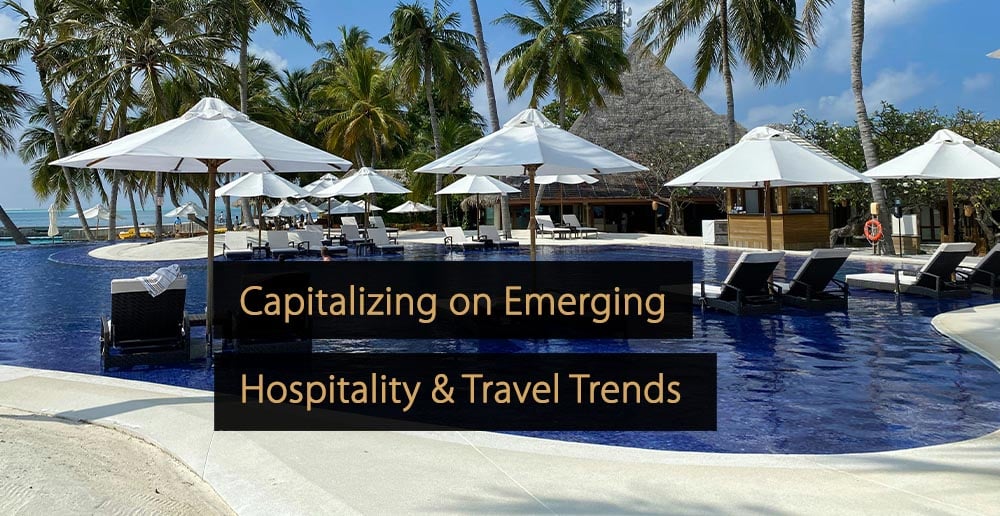

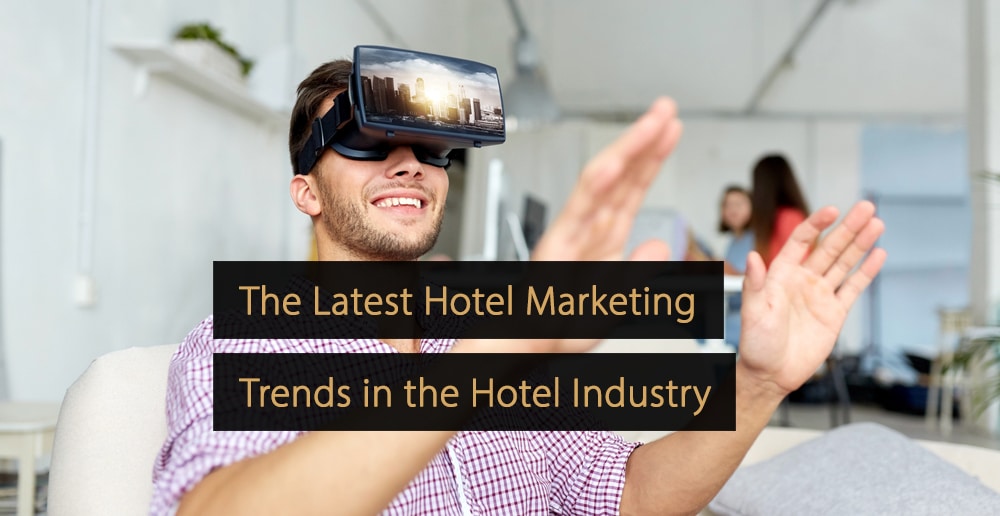
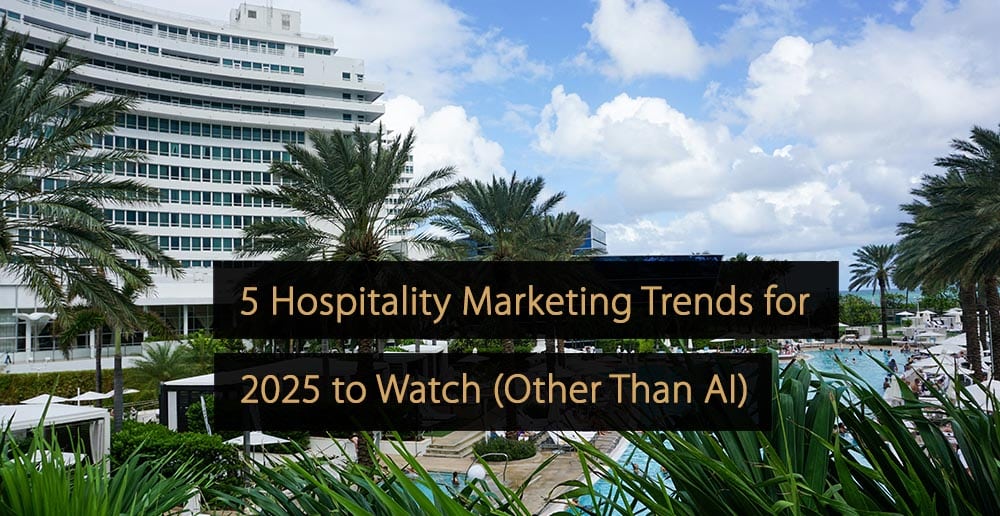
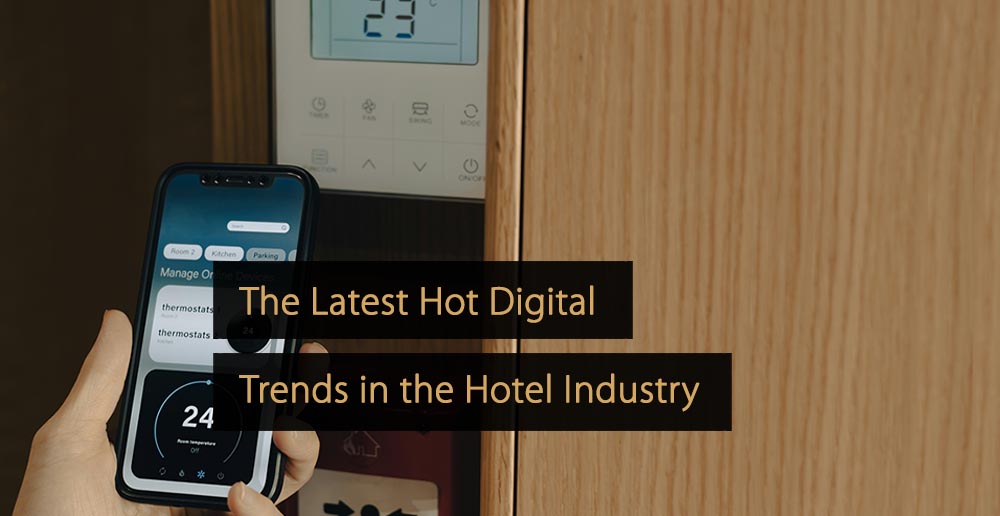
Due to the covid, we all know that the travel and hospitality industry has faced so many issues. These recommendations and information that you have suggested are very helpful. Subscribed to your blog.